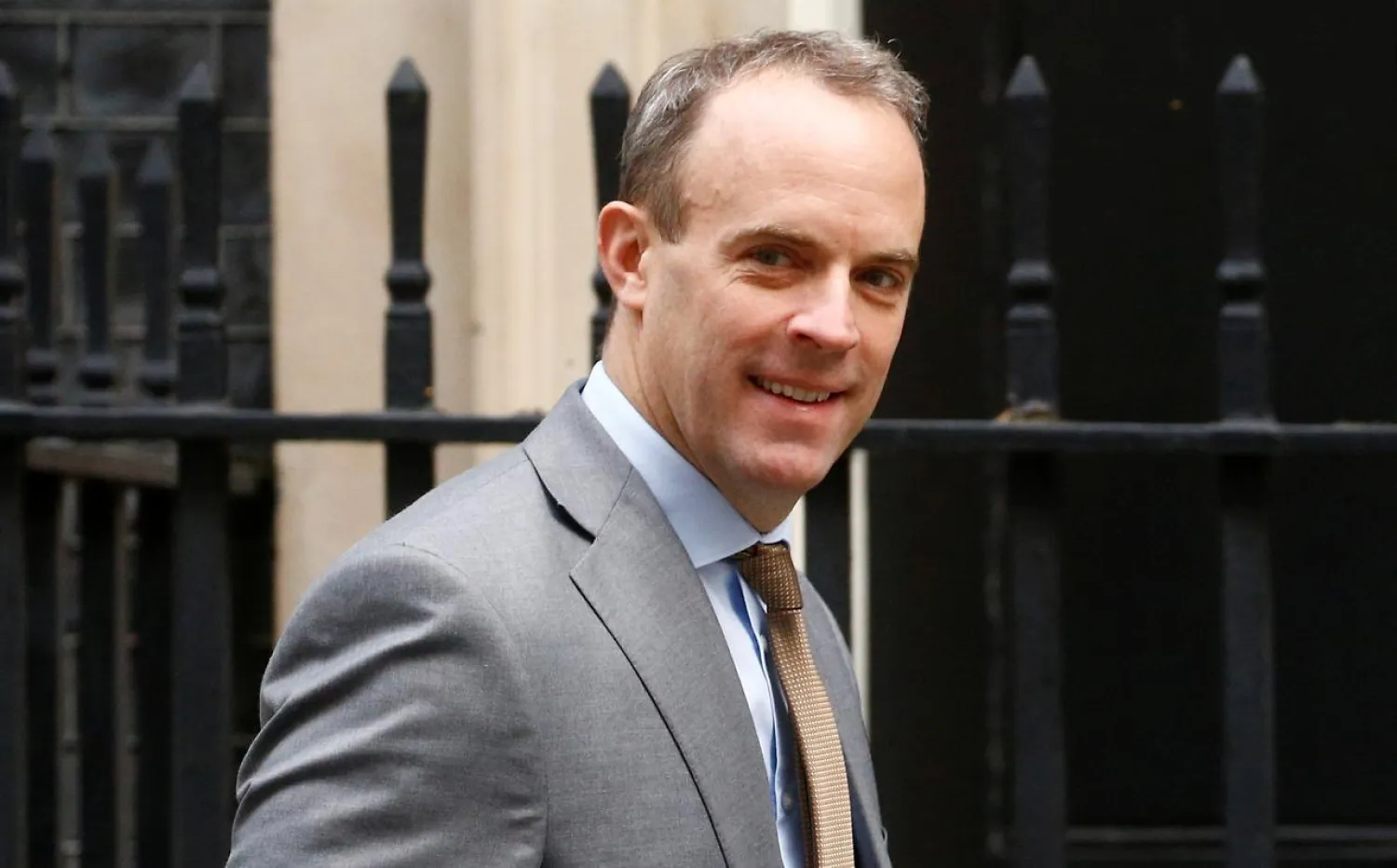Britain is to halt new arms export licenses to Turkey as a result of concern over its military operation against Kurdish forces in northeast Syria, the foreign minister Dominic Raab said on Tuesday.
“The UK government takes its arm export control responsibilities very seriously and in this case, of course, we will keep our defense exports to Turkey under very careful and continual review,” Raab told parliament.
“No further export licenses to Turkey for items that might be used in military operations in Syria will be granted while we conduct that review.”
Meanwhile, Bulgaria called on neighboring Turkey on Tuesday to call off its military offensive in northeast Syria, saying the violence could lead to rising numbers of migrants crossing the border and heighten the risk of a humanitarian crisis.
"We insist that the military actions be stopped. Diplomacy is the only way that can solve this conflict," Prime Minister Boyko Borissov told reporters after a meeting of Bulgaria's consultative Security Council on the situation in Syria.
"We are firm that the military operation should stop, that the risk of a humanitarian crisis is very big. If there is a humanitarian crisis it would mean an increase of migrant inflows," he said.
Bulgaria, an EU member with a land border of more than 300 km (187 miles) with Turkey, was currently experiencing no pressure from migrants seeking entry, Borissov said.
Turkey, which hosts 3.6 million Syrian refugees, has threatened to "open the gates" to allow those refugees to head for Europe if the EU opposed Turkey's actions in northern Syria.
While US President Donald Trump imposed sanctions on Turkey, the EU decided on Monday to take a softer stand by allowing member countries to consider their own restrictions on arms sales to Turkey - a measure that is likely to be brushed off as trivial as arms account for just 45 million euros out of more than 150 billion euros in Turkey-EU trade.
The Bulgarian prime minister reiterated his support for the deal that the EU struck with Turkey on refugees in 2016. As a result of that accord, Brussels has provided billions of euros in aid in return for Ankara stemming the influx of migrants into Europe after more than 1 million people entered the bloc.
"I want the deal with Turkey to be respected.. If 50,000 or 100,000 or 200,000 migrants enter Bulgaria, I do not know what will happen with the country... And while Turkey is following the agreement with Bulgaria at 100%, I am obliged to support that position," Borissov said.
German Vice Chancellor Olaf Scholz on Tuesday criticized Trump for not having coordinated his decision to impose sanctions against Turkey, adding that the European Union is discussing its options and should act together.
"It's crucial that we coordinate our actions internationally, that's the most important thing in this situation. This also applies to the European Union," Scholz told Reuters in an interview.
He said that the military escalation in Syria must be stopped, adding that Germany would not waive any arms exports to Turkey for the time being.









